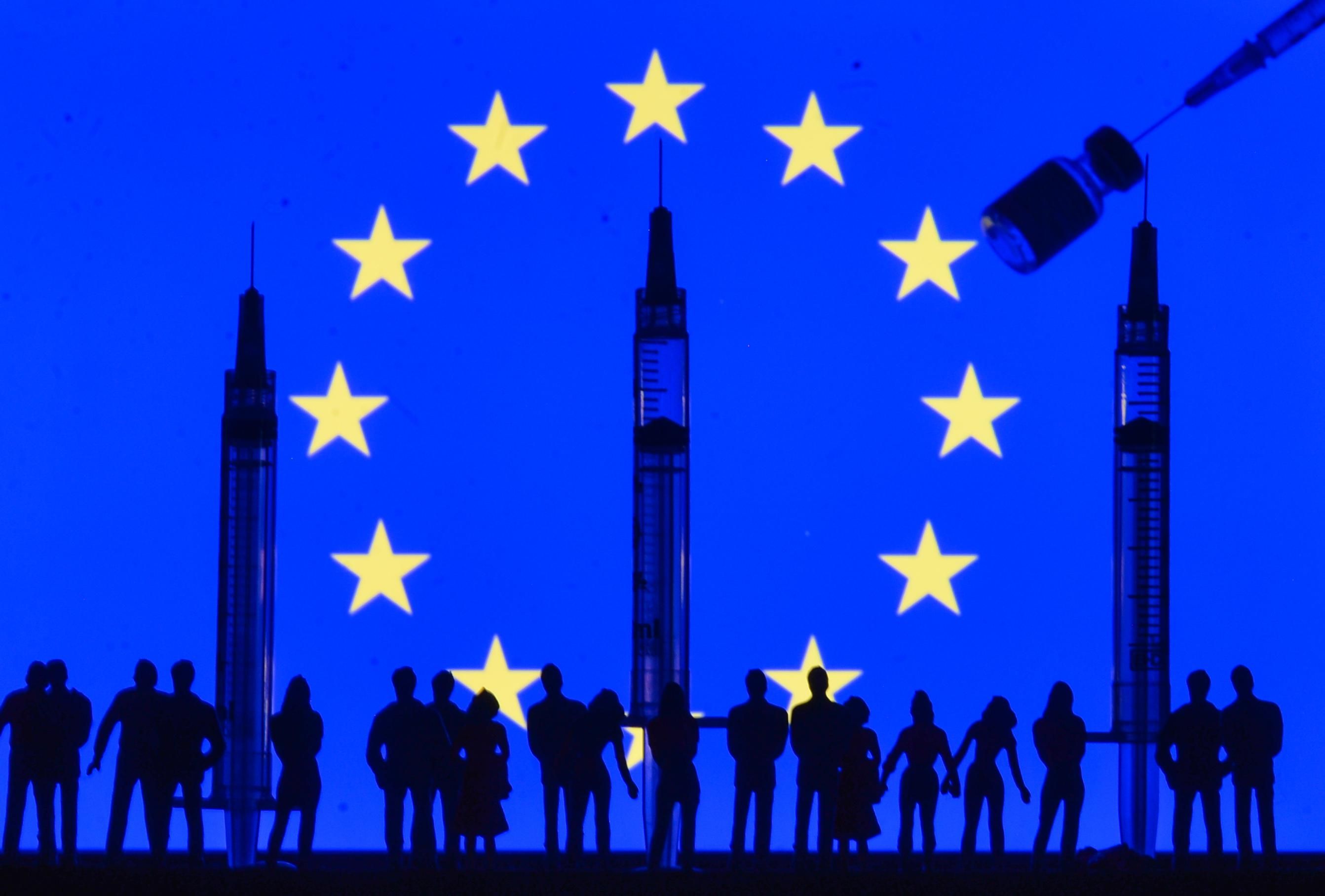What We’re Watching: European omicron wave, Bolsonaro on Telegram, Chinese blind date
Omicron to sweep Europe. The World Health Organization reports that Europe will soon be the latest region to face a “west-to-east tidal wave” of the omicron COVID variant, on top of continuing infections with the delta variant. A senior WHO official predicts that “more than 50 percent of the population in the region will be infected with omicron in the next six to eight weeks.” Beyond the public health and subsequent economic impact of this event, governments across Europe must manage the political fallout. The most impactful example will come in France, where President Emmanuel Macron faces center-right and further-right challengers in his bid for re-election in April. The latest pandemic wave will also create challenges for Germany’s brand-new coalition government and maybe for Hungary’s Viktor Orbán, who’s expecting an especially tough fight for re-election this spring.
Bolsonaro hearts Telegram. Jair Bolsonaro mastered the use of social media to motivate his core supporters during his campaign to win Brazil's presidency in 2018. But since then, Bolsonaro has faced an uphill climb with Big Tech and the Brazilian courts, both of which are cracking down hard on the misinformation the president regularly amplifies. For months, Bolsonaro has been telling his fans to get off Facebook, Twitter and especially WhatsApp, which is used by almost all Brazilians with a smartphone. Now, Bolsonaro — perhaps fearing he'll be banned over misinformation from all Meta-owned platforms ahead of the October presidential election — wants his fans to flock to Telegram. Why? First, the app gives him more freedom to say what he wants and to as many people as he wants. Second, the Brazilian courts can't shut it down because Telegram has no legal office in the country. But so far only half of Brazilians use it, so he needs to build a big following fast in order to wage social media war on former president Luiz Inácio Lula da Silva, his likely rival who is currently way ahead in early polls.
The longest blind date in history? In the Chinese city of Zhengzhou, there’s a young woman we know only as Ms. Wang. We know she’s young — she’s posted photos of herself on social media — but her parents are reportedly concerned she isn’t yet married, so they arranged some blind dates for her. That’s how she met a man online who presents himself as an excellent cook. He invited her to his apartment to demonstrate these culinary talents and, not having read Signal’s coverage of our parent company Eurasia Group’s #1 top geopolitical risk for 2022 — and therefore underestimating the potentially serious impact of China’s “zero-COVID” policy in the age of omicron — Ms. Wang accepted the invitation. Then she got stuck at his apartment when local authorities suddenly ordered a total lockdown of his neighborhood. Ms. Wang has reported that the situation is “not ideal,” though the man has cooked for her for several days. She has not (yet) offered reviews of his meals, but she has noted publicly that “he doesn’t speak much.” We’ll be watching to see if either of these kids finds love in the future — and if they’ve learned anything about staying current on latest news and views from Signal.